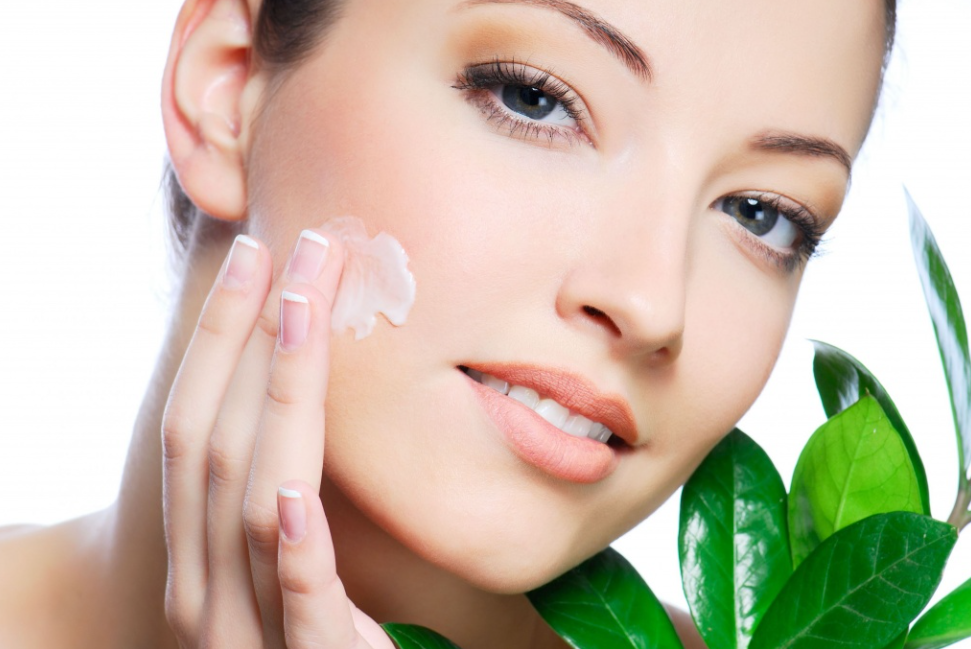Making miraculous skin DIY with all-natural items you find in your pantry! What’s not to appreciate about that?
While it may appear that you’re on the right track to beautiful skin, things could quickly spiral out of control if these natural skincare products begin to do more harm than good.
Therefore, think twice about using items from your refrigerator and pantry as it doesn’t mean something is excellent for your skin just because it’s natural or uncooked.
Here is a list of natural ingredients to not use on skin directly:
Table of Contents
Natural Ingredients That are Bad for Skin
Let’s look at the list of ingredients you should immediately stop using on your face.
1- Lemon Juice
Make as much lemonade as you want when life gives you lemons, but just don’t put it on your face. They are delicious in a cup of hot tea, but not in DIY skincare.
Lemon juice has a pH of roughly two, making it very acidic. The pH of our skin, on the other hand, ranges from 4.7 to 5.8. As a result, lemon juice can entirely disrupt the skin’s homeostasis, resulting in increased photosensitivity and hyperpigmentation, as well as sunburns.
As a result, attempting to fade a red area or acne with lemon may result in a large blister.
Get to know about some skin care tips.
2- Baking Soda
Baking soda is on the opposite end of the pH spectrum from lemon juice. It has a pH of eight, making it very alkaline and potentially damaging to your skin. It can cause excessive transepidermal water loss, making your skin appear dry and wrinkled, as well as allowing infections and pimples to enter.
Therefore, baking soda is added to the list of natural ingredients to not use on skin.
3- Sugar
Sugar scrubs have become extremely popular. If you type sugar into any search engine, you’ll find a slew of DIYs recommending brown and regular sugar as exfoliants.
When used as physical exfoliants, the sharp grains of sugar can produce micro-tears in the skin, speeding up the ageing process and making the skin more vulnerable to environmental harm. They are too abrasive for the face’s thin skin and might aggravate irritation. Sugar doesn’t seem quite so sweet now, does it?
However, they are effective to some extent on the lips. But even when used on the surface of the lips to eliminate dead skin cells, it is necessary to combine it with other oils.
4- Cinnamon
Add cinnamon not in your skincare, but your apple pie.
Cinnamon can irritate sensitive skin, causing rashes and burns. It can cause irritation and water loss by disrupting your skin’s barrier function.
Cinnamon masks were really trendy a few years ago. However, many people reported experiencing scorching feelings after wearing the spice mask. Many people were left with redness on their skin for more than a week in the worst-case scenarios.
Cinnamon can be beneficial to your health if you include it in your diet, but avoid applying it on your face in any manner.
5- Egg Whites
How handy it would be to prepare an omelette in the morning, smear some raw egg on your face, and go about your day with tighter pores and smooth skin.
But these tightening advantages will be washed away when the residue is rinsed away making it natural ingredients to not use on skin.
In addition, the most potentially serious fact is that raw eggs can be contaminated with Salmonella. This puts you at risk of developing a gastrointestinal tract infection by putting an uncooked egg so close to your mouth.
A localised infection on the skin is also a possibility, and the risk is increased when used on open wounds, such as a scratch from Kitty or a few mending blemishes.
6- Apple cider vinegar
Is apple cider vinegar good for your skin?
Well, ACV has long been regarded as the holy grail of DIY astringents. It is said that it purports to heal acne, diminish blemish scars or age spots, and even eradicate moles.
But due to its highly acidic levels, long-term, undiluted ACV use could corrode your gorgeous face. If you leave vinegar on your skin, it can be corrosive, and it should not be used to cure wounds. Also, any acne sores are susceptible to a burn or severe discomfort.
Furthermore, using ACV as a cosmetic lotion can harm your eyes. If it gets into your eyes, it can cause inflammation and possibly a cornea burn.
7- Tooth paste
According to the top reviewed cosmetologist in Rawalpindi, Dr. Saiqa Kirmani “Applying toothpaste to a pimple is one of the most common beauty hacks. It is frequently recommended as a natural acne cure. But it is not an effective technique to treat your skin and can really harm it. It can help to reduce the size of a pimple, but it can also irritate your skin, causing redness and peeling.”
The Bottom Line!
While it’s tempting to search for home remedies for our skin problems, some ingredients aren’t suitable for use on the face.
When a natural component is a true glow enhancer, hydration aid, or irritation reliever, it’s preferable to apply it in the form of a store-bought or prescribed product that’s been thoroughly tested and safely diluted, packaged, and stored.
So, allow product makers to handle the mixing and testing. Taking materials from the fridge poses a danger of contamination, infection, or injury, all of which could exacerbate the skin problem you’re attempting to treat.
If you still want to stick to natural solutions, you can go to the dermatologist for recommendations. You can make an appointment via Healthwire.pk.
